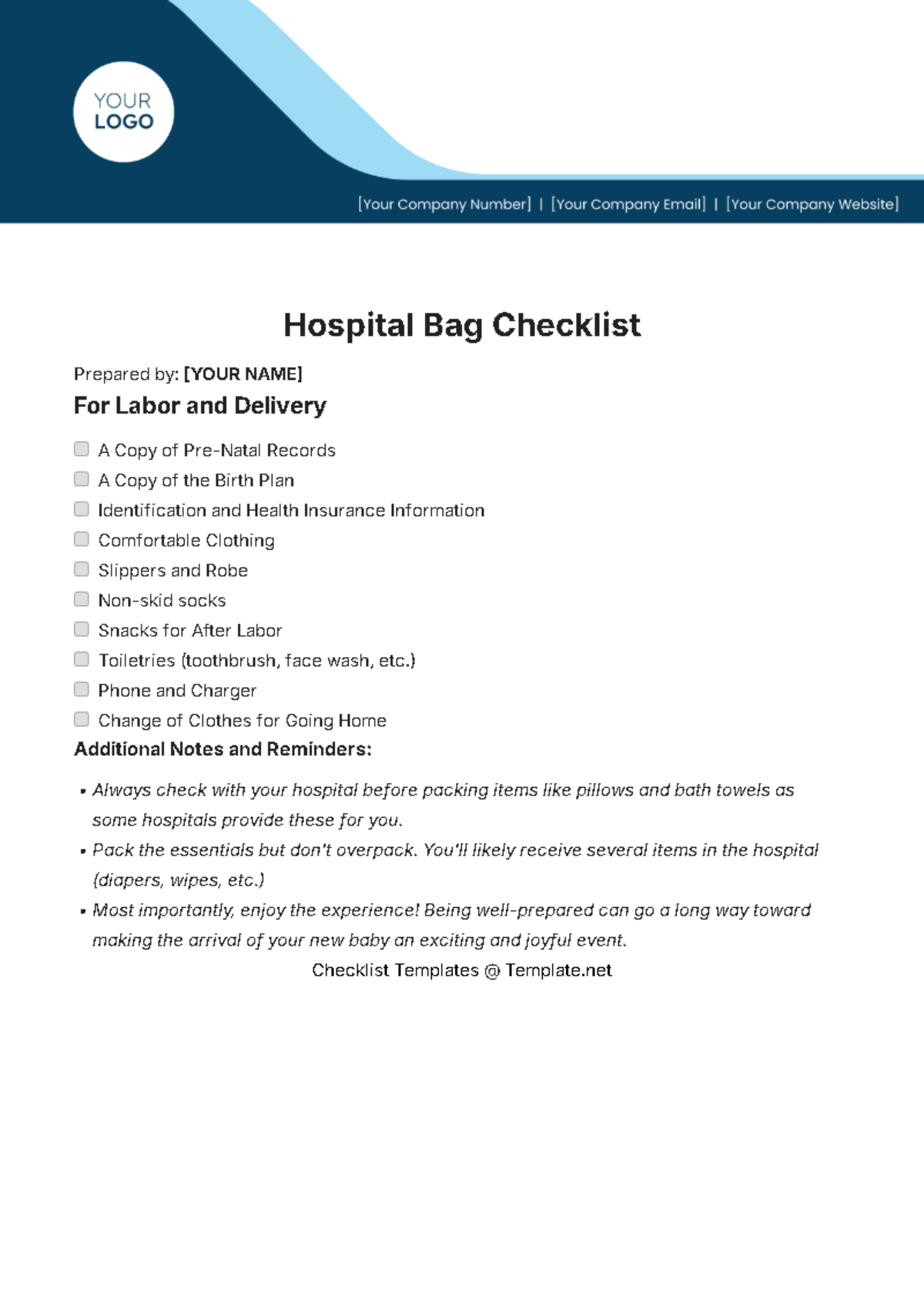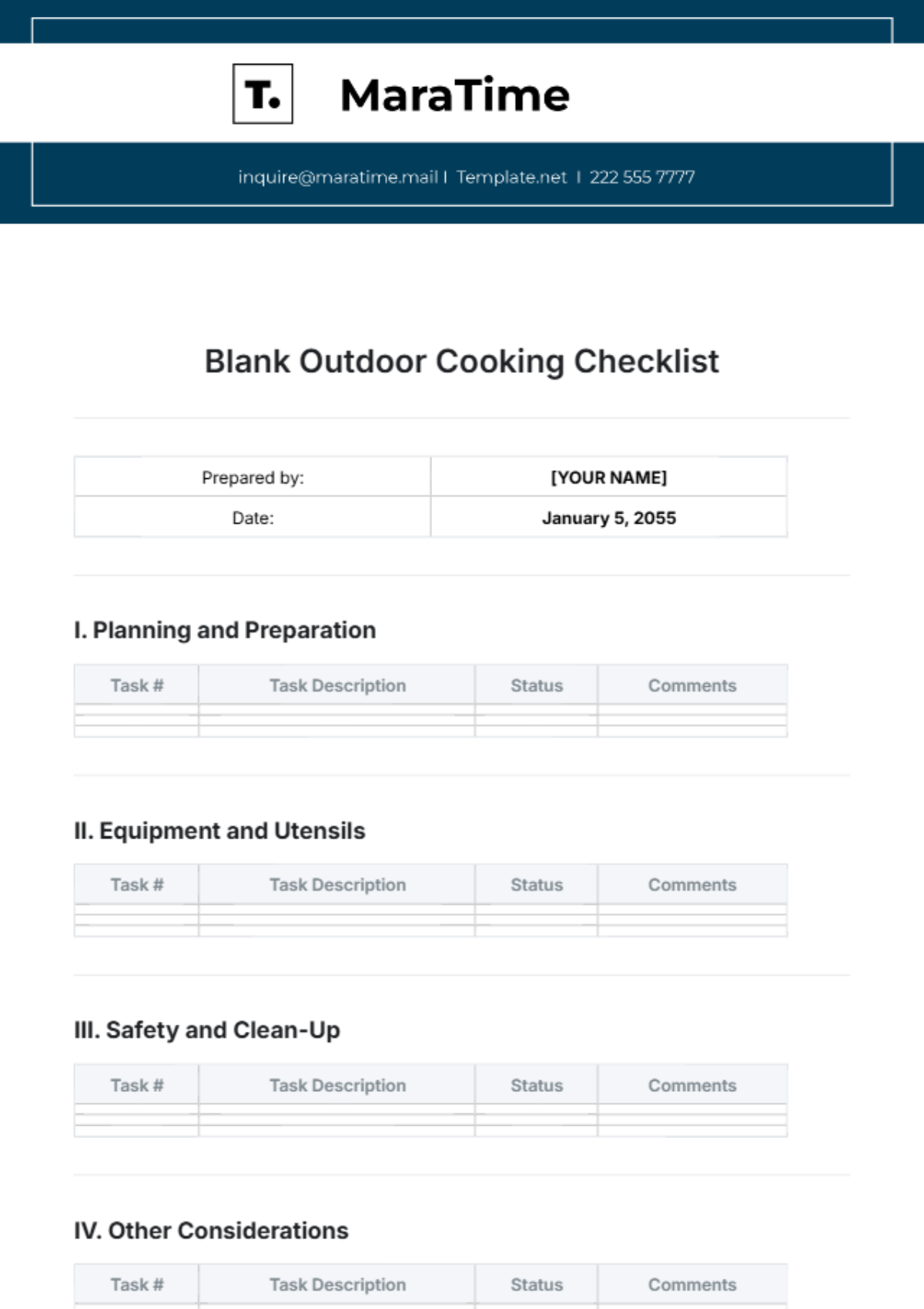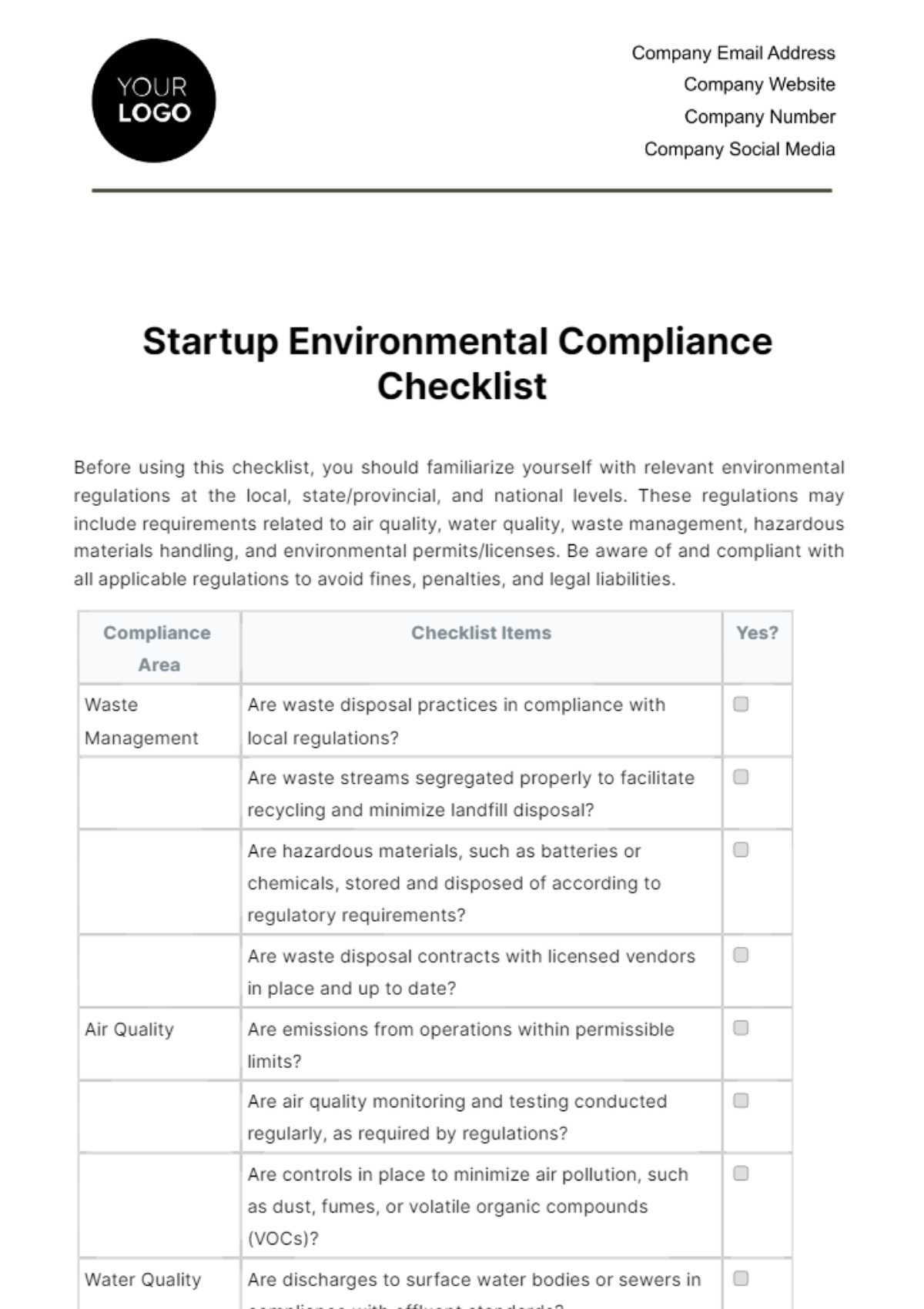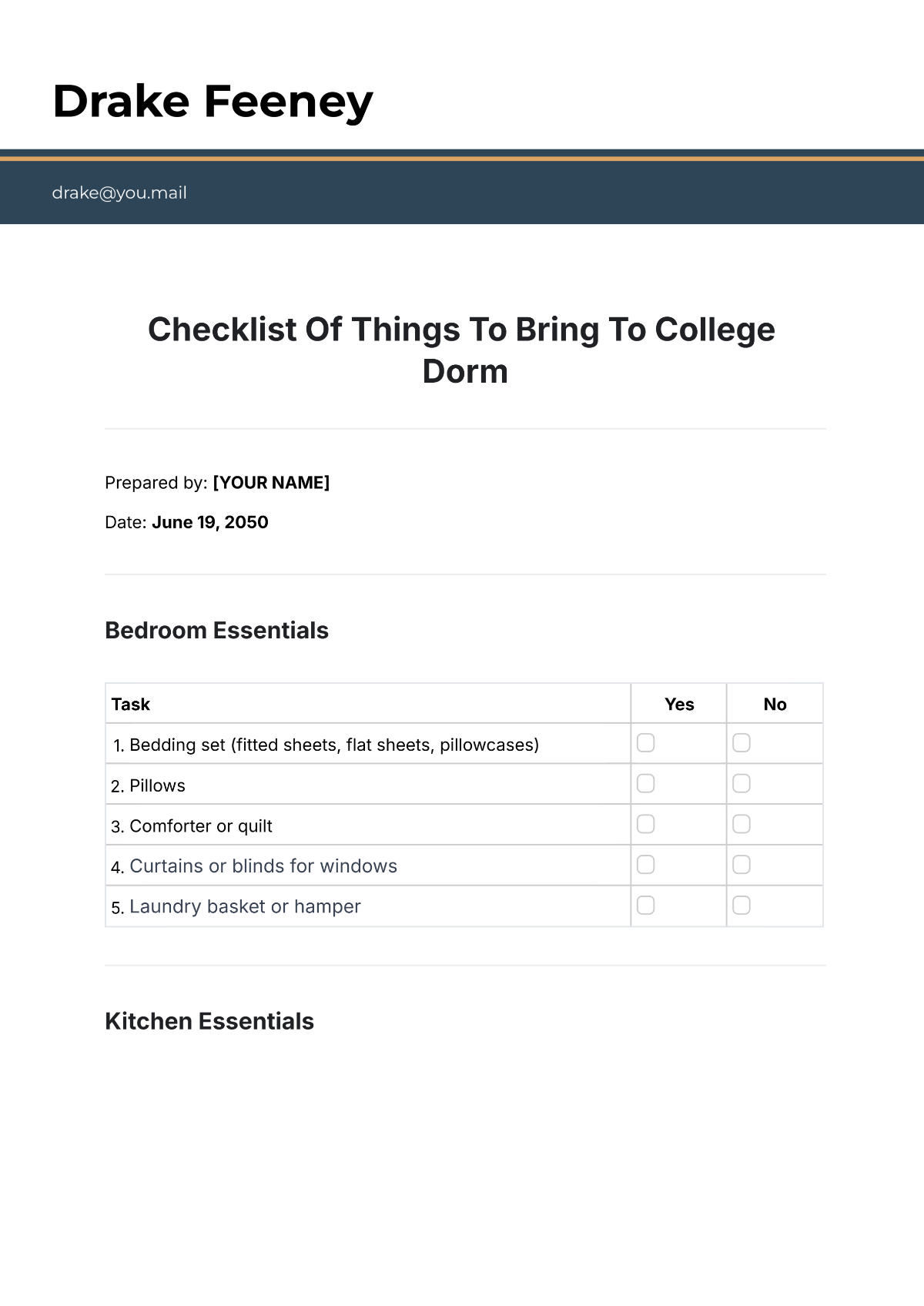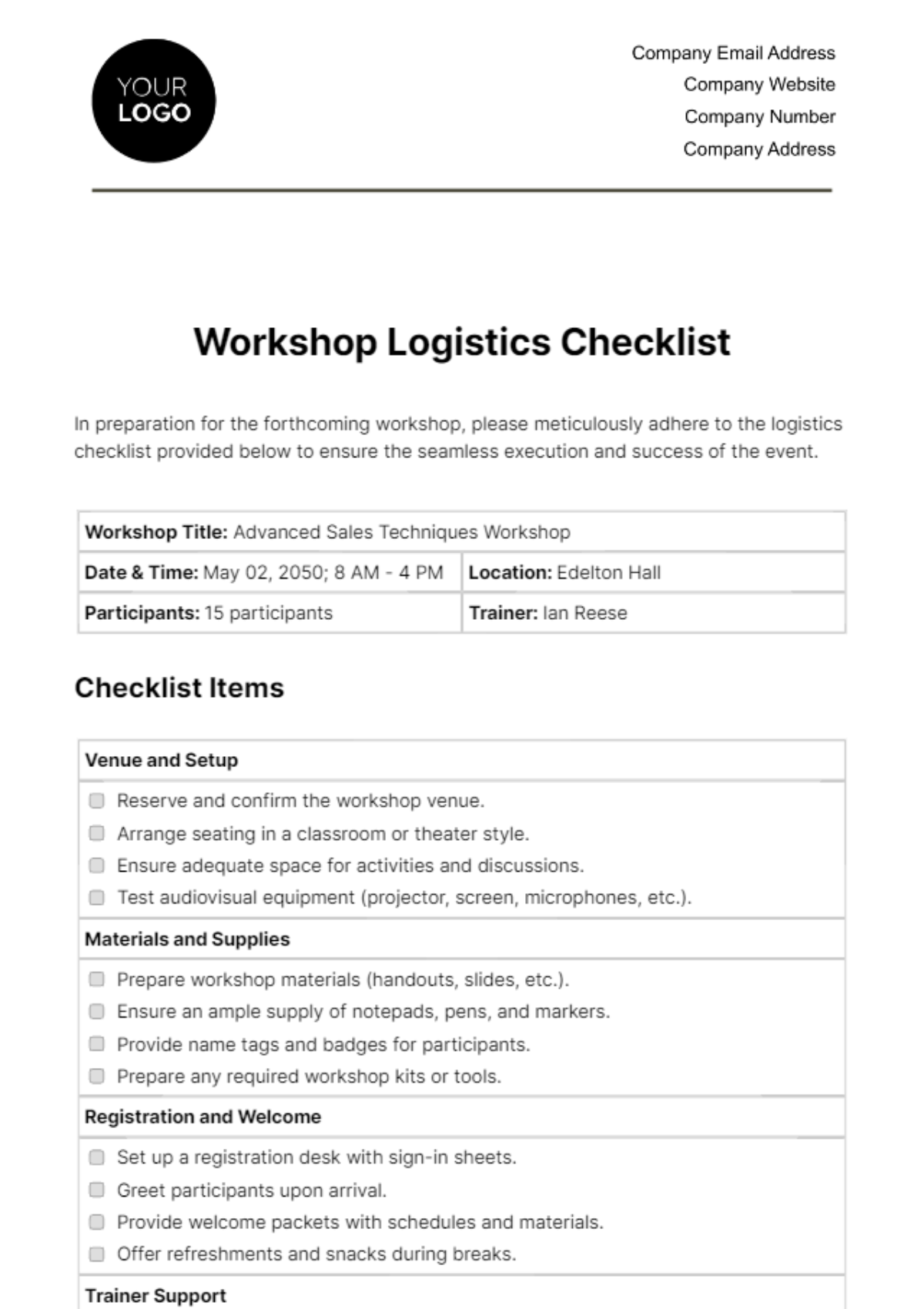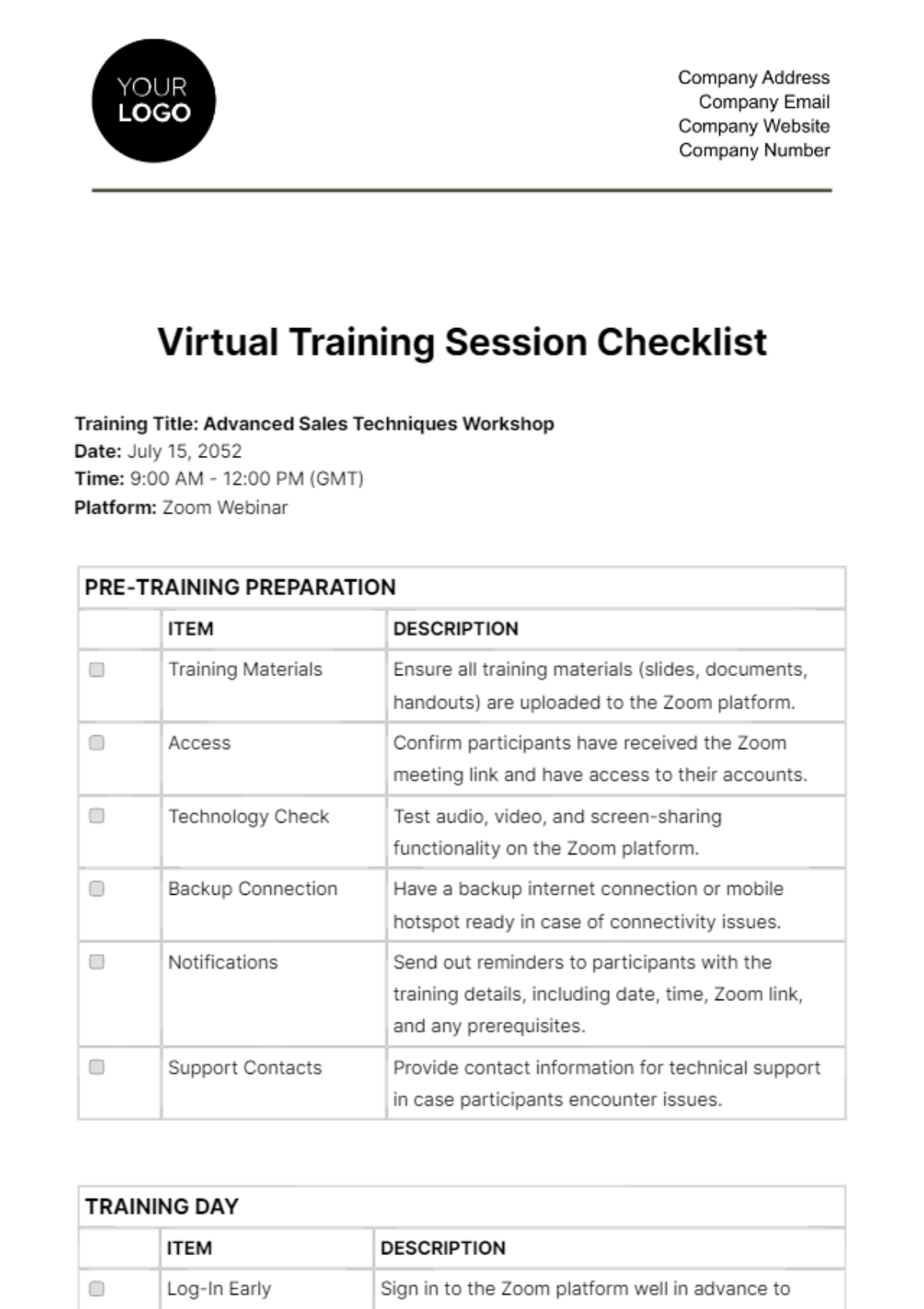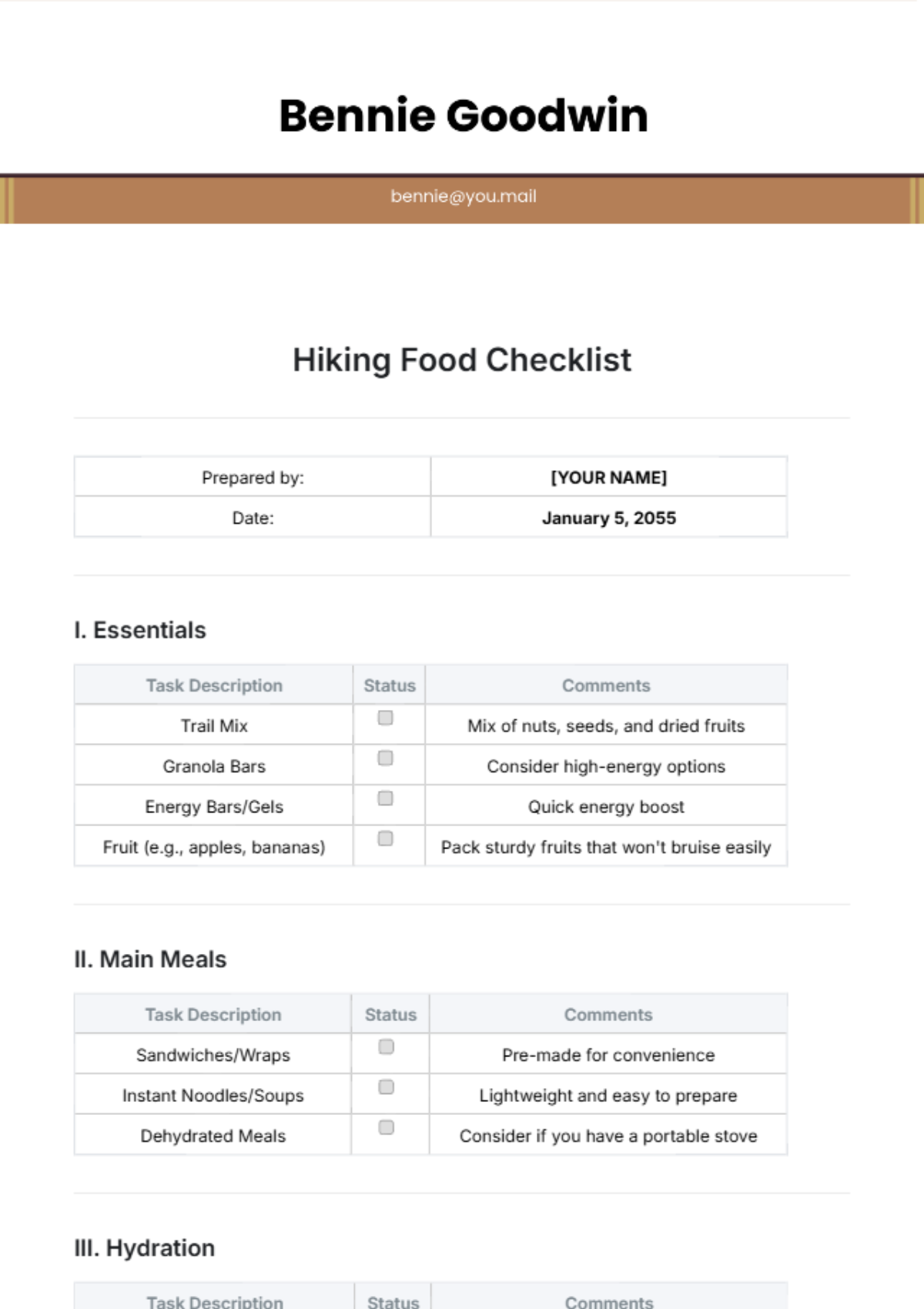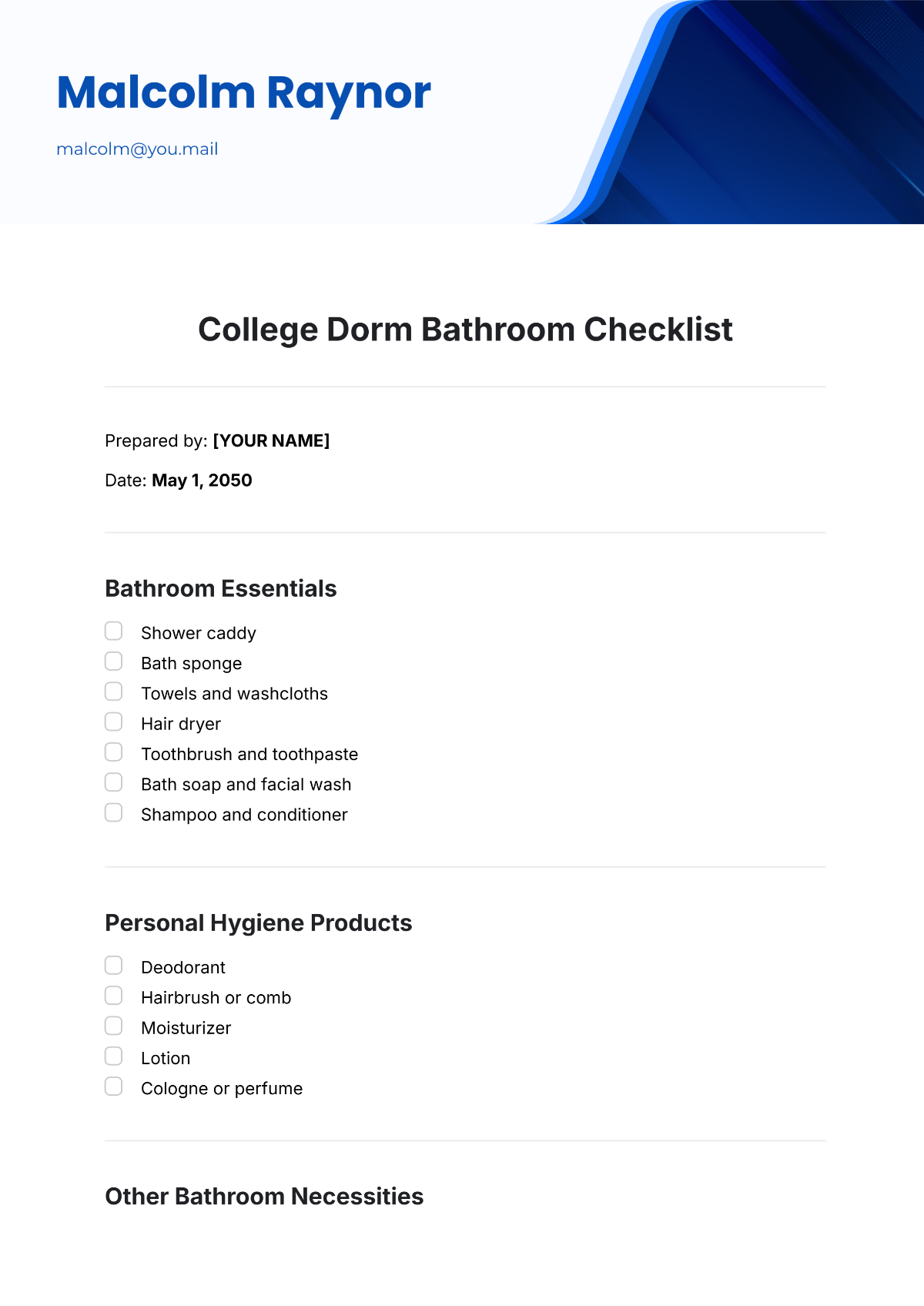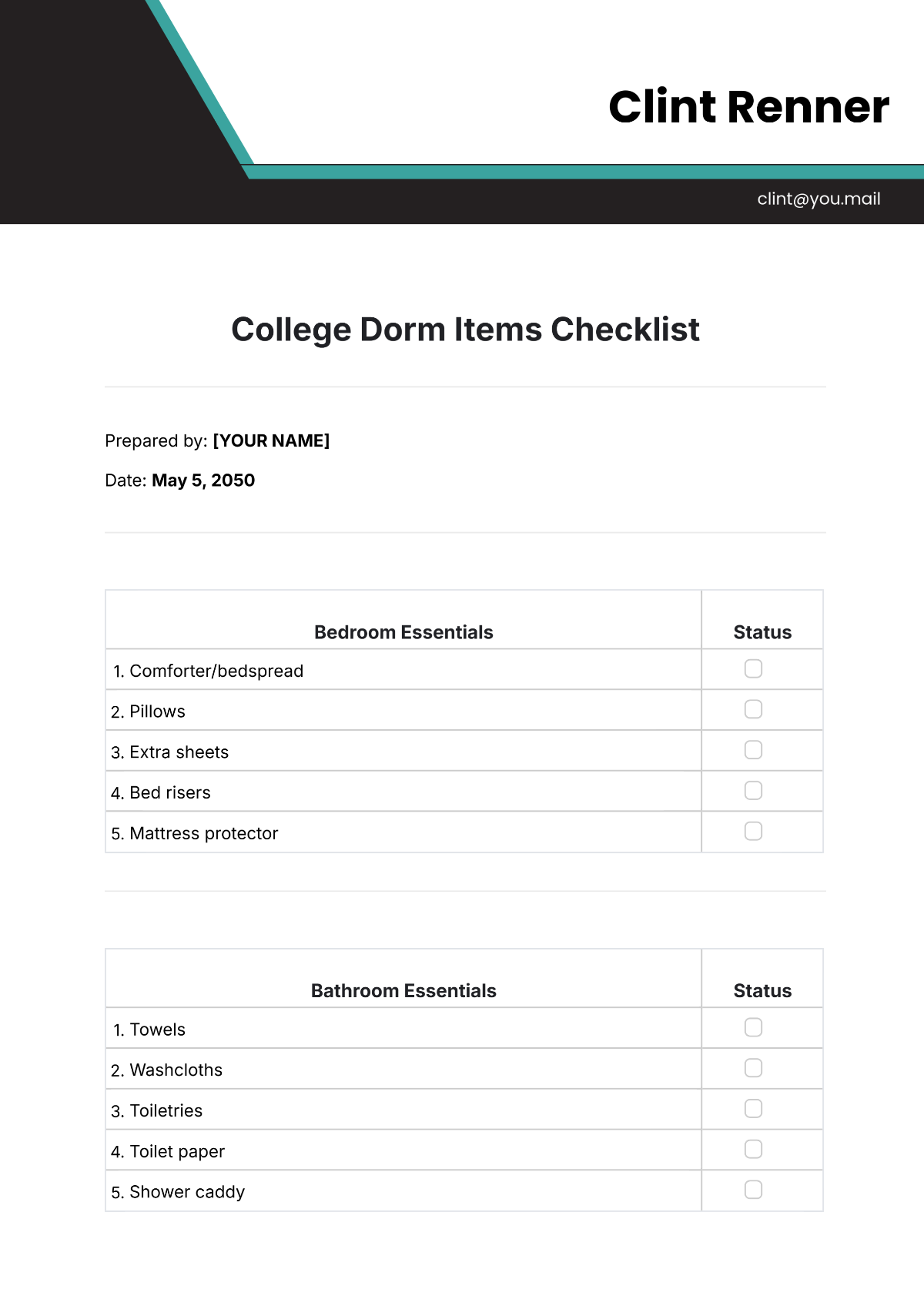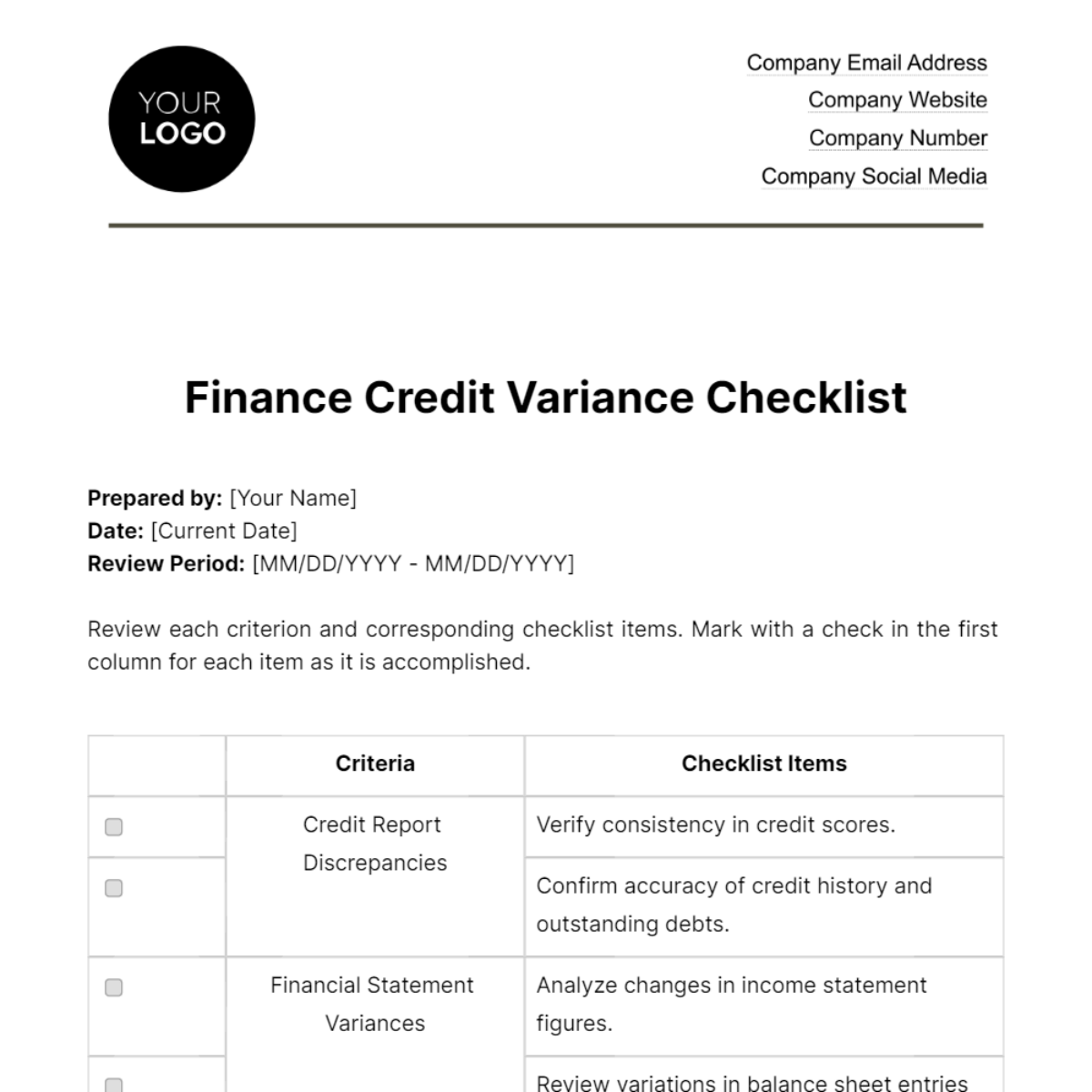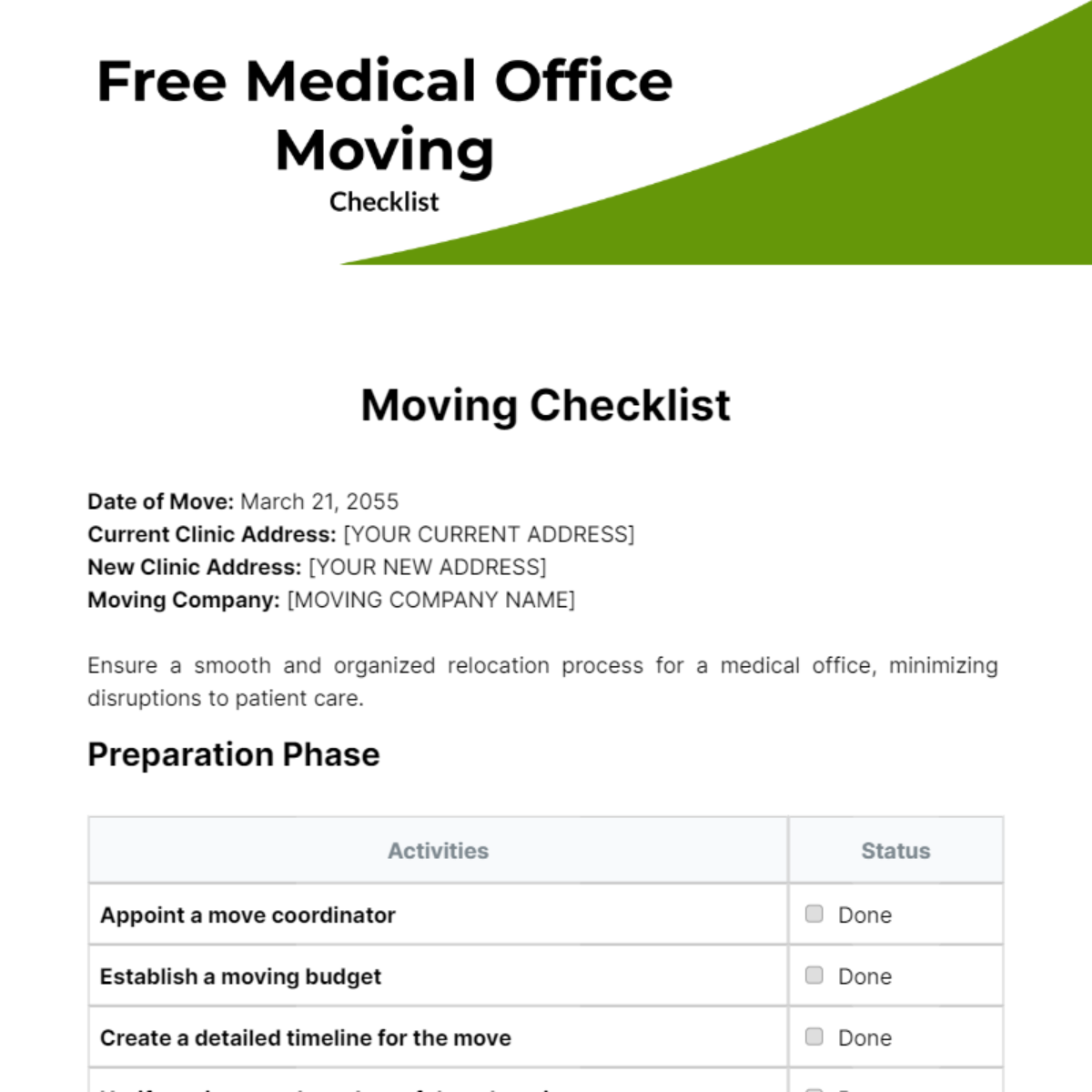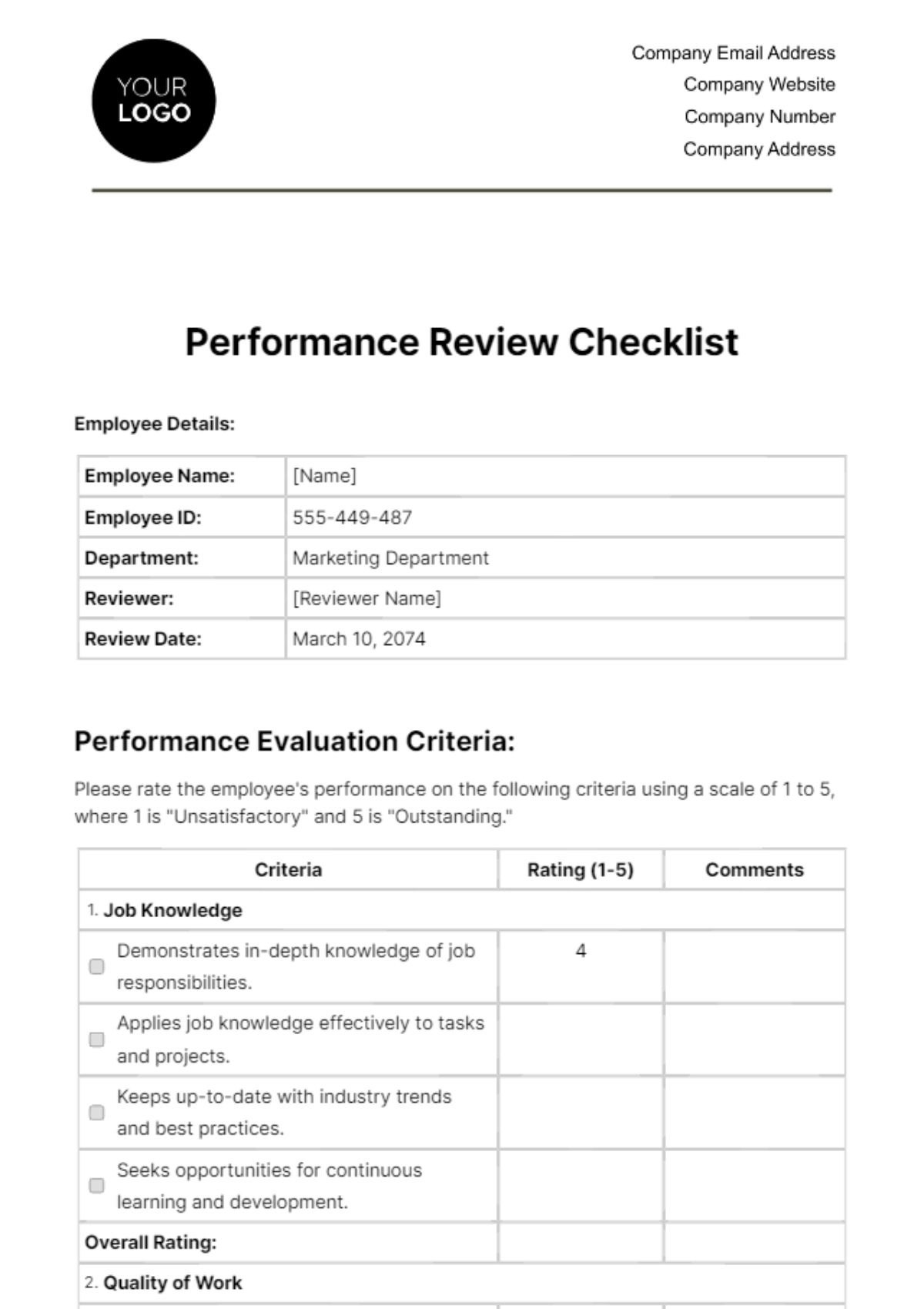Comprehensive Accounting Book Closing: Ensuring Financial Accuracy
Closing the accounting books is a crucial task for any business to ensure accuracy in financial reporting and compliance with regulations. This checklist provides a comprehensive guide to help ensure all necessary steps are completed efficiently. Simply tick the checkboxes next to each item as you complete them to track your progress.
Objectives:
Ensure accurate financial reporting.
Facilitate compliance with regulatory requirements.
Streamline the book closing process for efficiency.
Review General Ledger Accounts
Verify that all transactions are properly recorded in the general ledger.
Confirm accuracy of account balances by reconciling with subsidiary ledgers.
Investigate and rectify any discrepancies identified during the review.
Ensure proper classification and allocation of expenses and revenues.
Obtain appropriate approvals for any adjustments made.
Complete Bank Reconciliation
Compare bank statements with the general ledger cash account balances.
Investigate and resolve any variances between the two records.
Confirm that all outstanding checks and deposits are accurately recorded.
Reconcile any bank errors or discrepancies promptly.
Document the reconciliation process and adjustments made.
Adjust Accruals and Deferrals
Review and adjust accrued expenses and revenues to reflect current obligations and income.
Verify deferrals, such as prepaid expenses and unearned revenues and adjust as necessary.
Ensure compliance with accounting standards and principles in adjusting entries.
Document the rationale behind each adjustment for future reference.
Obtain approval from management for significant adjustments.
Perform Depreciation and Amortization Calculations
Calculate depreciation expense for fixed assets using appropriate methods.
Review and update asset useful lives and salvage values as needed.
Compute amortization expense for intangible assets in accordance with accounting policies.
Document depreciation and amortization calculations for audit and reporting purposes.
Ensure consistency and accuracy in applying depreciation and amortization methods.
